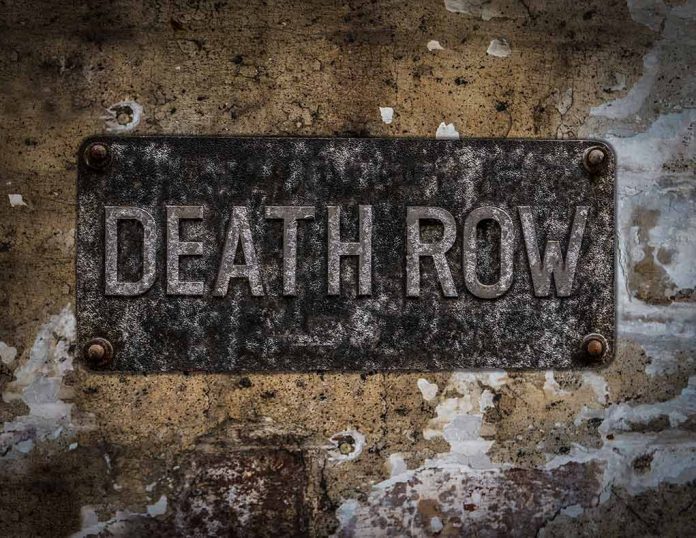
Missouri recently executed Marcellus Williams despite questions about DNA evidence and widespread opposition, raising debate about the justice system and death penalty.
At a Glance
- Marcellus Williams was executed in Missouri after over two decades on death row.
- Prosecutors reportedly provided evidence suggesting the DNA on the murder weapon did not match Williams’.
- The U.S. Supreme Court denied a last-minute reprieve; three liberal justices dissented.
- Missouri Governor Mike Parson denied Williams’ clemency request.
- The victim’s family supported a life sentence over the death penalty.
Execution Proceeds
Marcellus Williams was executed in Missouri on September 24, 2024, after spending over two decades on death row. The case has drawn significant attention due to claims about evidence being mishandled and the DNA on the murder weapon allegedly not matching Williams. This has prompted calls for a reexamination of his conviction.
Williams had consistently maintained his innocence in the 1998 fatal stabbing of Felicia Gayle, a former St. Louis Post-Dispatch reporter, although Williams’ girlfriend at one point testified that he confessed to her that he killed Gayle. His girlfriend also said there was blood on his shirt following the murder.
The execution proceeded despite opposition from various quarters, including prosecutors, advocates, and even the victim’s family. Prosecutors reportedly provided evidence that the DNA found on the murder weapon matched that of one of the prosecutors and an investigator in the case rather than that of Williams, suggesting that the evidence had been mishandled. This revelation raised questions about the integrity of the original conviction.
Missouri executes Marcellus Williams despite questions over evidence, after Supreme Court denies final bid for delay https://t.co/2jkOMQLGTW
— CBSColorado (@CBSNewsColorado) September 25, 2024
Legal Battles and Controversies
The case faced numerous legal challenges in the lead-up to the execution. The U.S. Supreme Court denied a last-minute reprieve, with three liberal justices dissenting from the decision. This split decision highlights the ongoing debate surrounding capital punishment and the standard of evidence required for executions to proceed.
“Marcellus Williams’ conviction is a grave miscarriage of justice and to execute him would be an unthinkable, irreversible travesty,” Williams’s attorneys wrote in a filing.
Missouri Governor Mike Parson’s decision to deny Williams’ clemency request further intensified the controversy. There were some concerns raised about the exclusion of black jurors and mishandling of forensic evidence during the original trial. The case has reignited discussions about racial bias in the criminal justice system, particularly in death penalty cases.
Public Reaction
Public reaction to the execution has been mixed, with many questioning whether justice was truly served. Civil rights advocates, lawmakers, and organizations like the NAACP have condemned the execution, arguing that the doubts surrounding Williams’ guilt should have been sufficient to halt the process. The case has reignited debates about the death penalty and the potential for irreversible mistakes in capital punishment cases.
Sources
- Missouri executes Marcellus Williams despite pleas from prosecutor and victim’s family
- Supreme Court allows Marcellus Williams to be executed
- Missouri executes Marcellus Williams after two decades on death row
- Missouri set to execute ‘loving father’ whose DNA wasn’t on murder weapon, attorneys say
- Missouri executes Marcellus Williams despite questions over evidence, after Supreme Court denies final bid for delay





